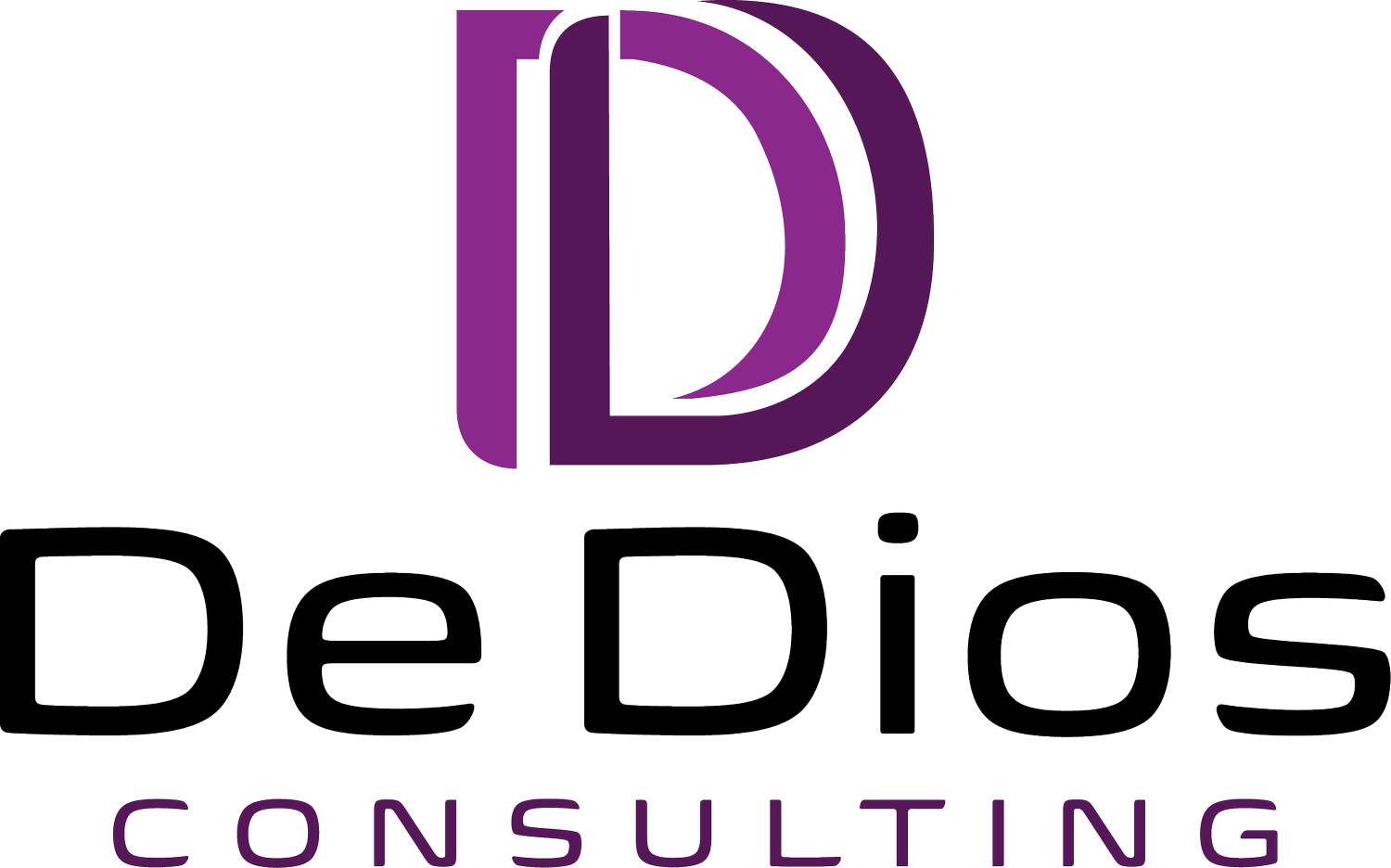Names and Accents
A common topic of conversation or source of questions and comments with colleagues, clients, family and even strangers growing up and sometimes today has been around my name and my accent.
For reference, my given/maiden name is Miriam Del Carmen De Dios Llamas. A two part middle name that I share with my grandmother (Del Carmen), two last names (my father’s last name De Dios and my mother’s maiden name Llamas - a naming convention followed in Latin America). Also, my native language is Spanish. I learned English when I started primary school.
My feelings about these topics have also been mixed and have changed over time from feeling embarrassment, guilt, frustration, anger, defensiveness, pride and curiosity. I did not become self-conscious of my name or accent until I was in junior high school. Around that time, my family moved halfway across the country from Fairfield, California to Perry, Iowa. As you can imagine, that was a big move that was shocking on a number of fronts - culture, weather, stage of life as a teenager. From a culture standpoint, suddenly, I wasn’t one of many, but one of few and that led to more self-consciousness.
Comments and questions about my name and accent have included:
Do you know you have a very long name?
Geez, how many names do you have?
Why do you have so many names?
You have the holiest name. (De Dios translates to Of God and Llamas has a couple of meanings, including Calling. So my last name could translate into Calling from God….oh and Miriam is a biblical name)
You have a beautiful name.
I wish I could pronounce your name like you do.
You don’t have an accent at all. Were you born and raised here?
You speak Spanish so well. You haven’t lost your native language, good for you. So many [Latino] parents don’t teach their kids Spanish or the kids just don’t want to speak it. You’ll have lots of career opportunities.
You don’t sound Mexican at all.
You don’t look Mexican, Hispanic, Latina, Spanish....(after hearing my name).
I remember complaining to my mom one day about my name. I remember telling her that I hated my name - as a teenager would. I asked her why I couldn’t have a normal, shorter and easier to pronounce name. She proudly explained the origin of my name, why it was chosen and how she loved it. She couldn’t understand what there was to complain about.
Any time I had to show my driver’s license or passport, spell out my name for someone or write out my full name, I got so frustrated. I always kept it to myself though. Only once did I make a snarky comment to the TSA attendant at the airport who commented on what a long name I had. Sometimes I choose to shorten my name because it makes things easier. In fact, I legally shortened my name after getting married. Sometimes, when I’m introducing myself, I’ll only use my first name. I’ve had many scenarios where I’ve lost people after I say my last name or an awkward back and forth has ensued about pronunciation that ends up not being said quite right anyway. Or the scenario where introducing myself and saying my full name, immediately leads to questions like where are you from? Are you from here? And so, sometimes I try to avoid those scenarios.
I have come to realize and accept that my full name is long, it’s hard to pronounce for some and I can also choose to say it and write it as I wish (as long as the legal version isn’t what’s needed), it is a part of my identity, it links me to my ancestors, it is uniquely different, it is beautiful and its mine.
Just today, someone made a comment about my lack of an accent. I don’t get as riled up about these comments as I may have in the past, because I knew this person was making an observation and it led to them sharing more about themselves as well. In some situations, I might dig deeper into the comment and try to uncover where it’s coming from, but mostly I just move on from it. My experience and reflection on these cultural nuances, makes me more aware of how I interact with others and how others interact with people of different cultures who may speak other languages and have different names than theirs. I am more aware of how I choose to comment on someone’s name or accent, because an offhanded comment could conjure up a whole host of feelings for someone else, which may never be revealed to the person making the comment, but nonetheless could affect that relationship or potential relationship.
How are you talking about the cultural nuances of your personnel, your customers and your partners within your organization? Where does name and language come into play in your customer journey? Good questions to ask as you seek to engage the Latino community.

